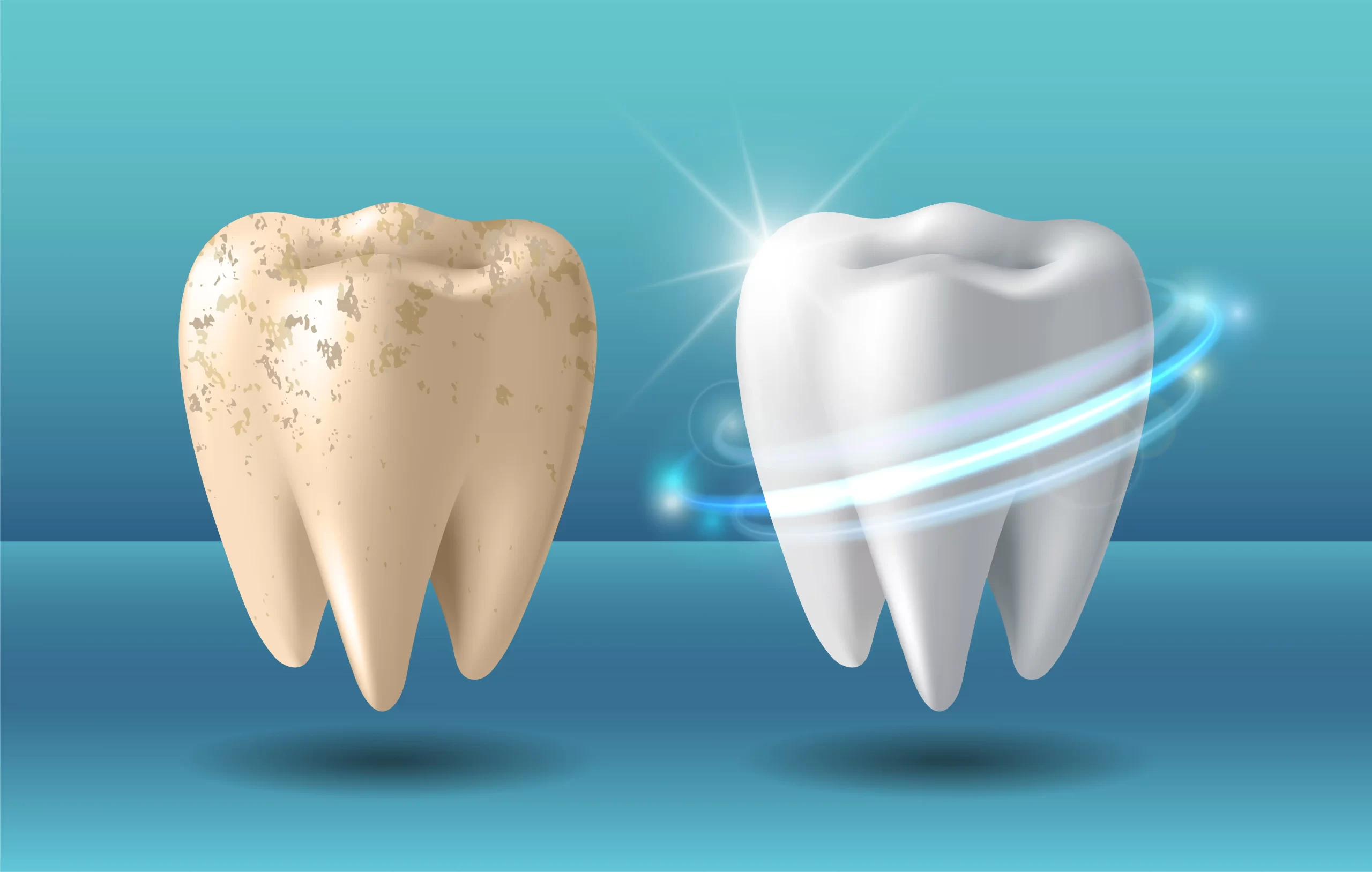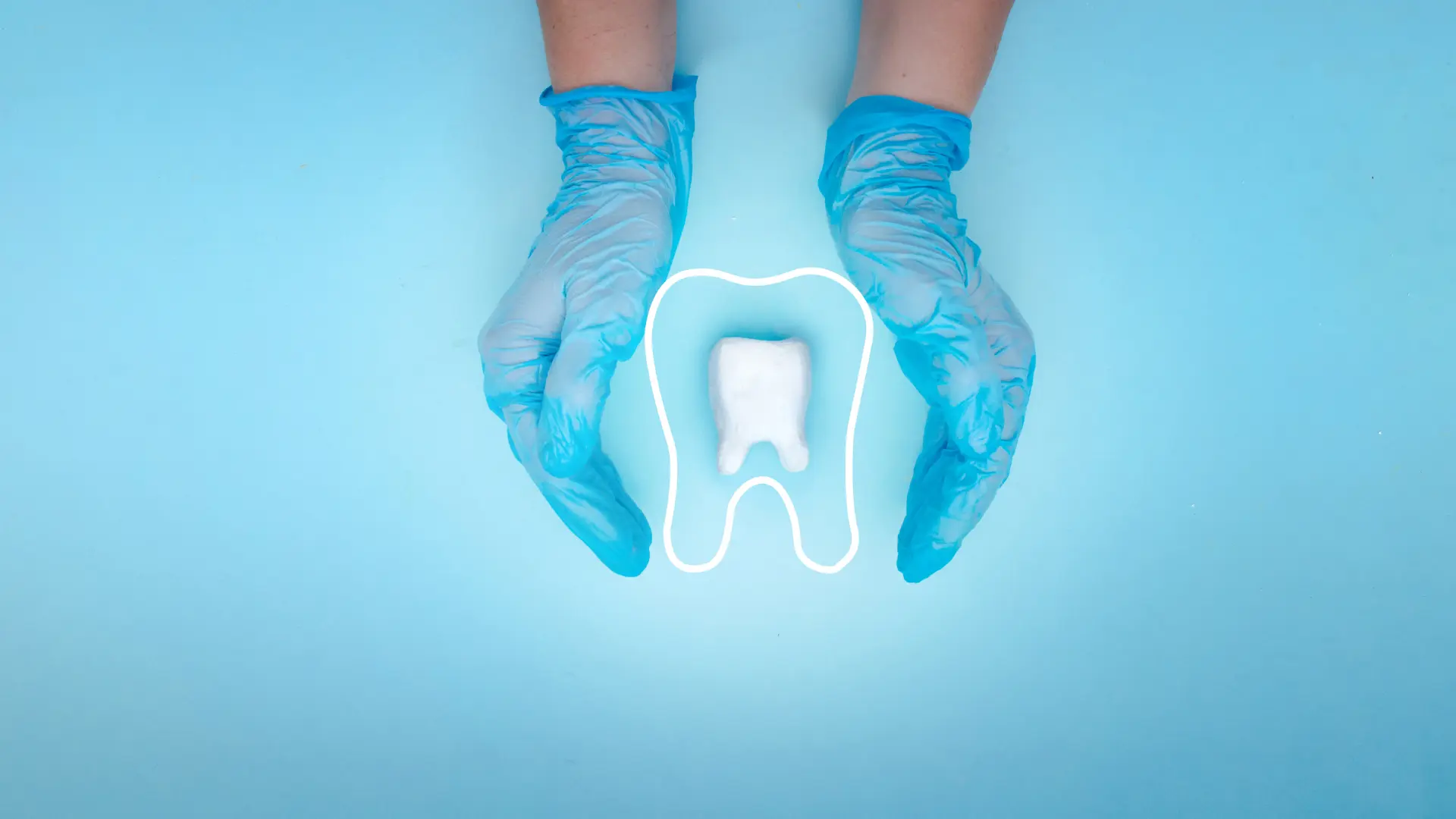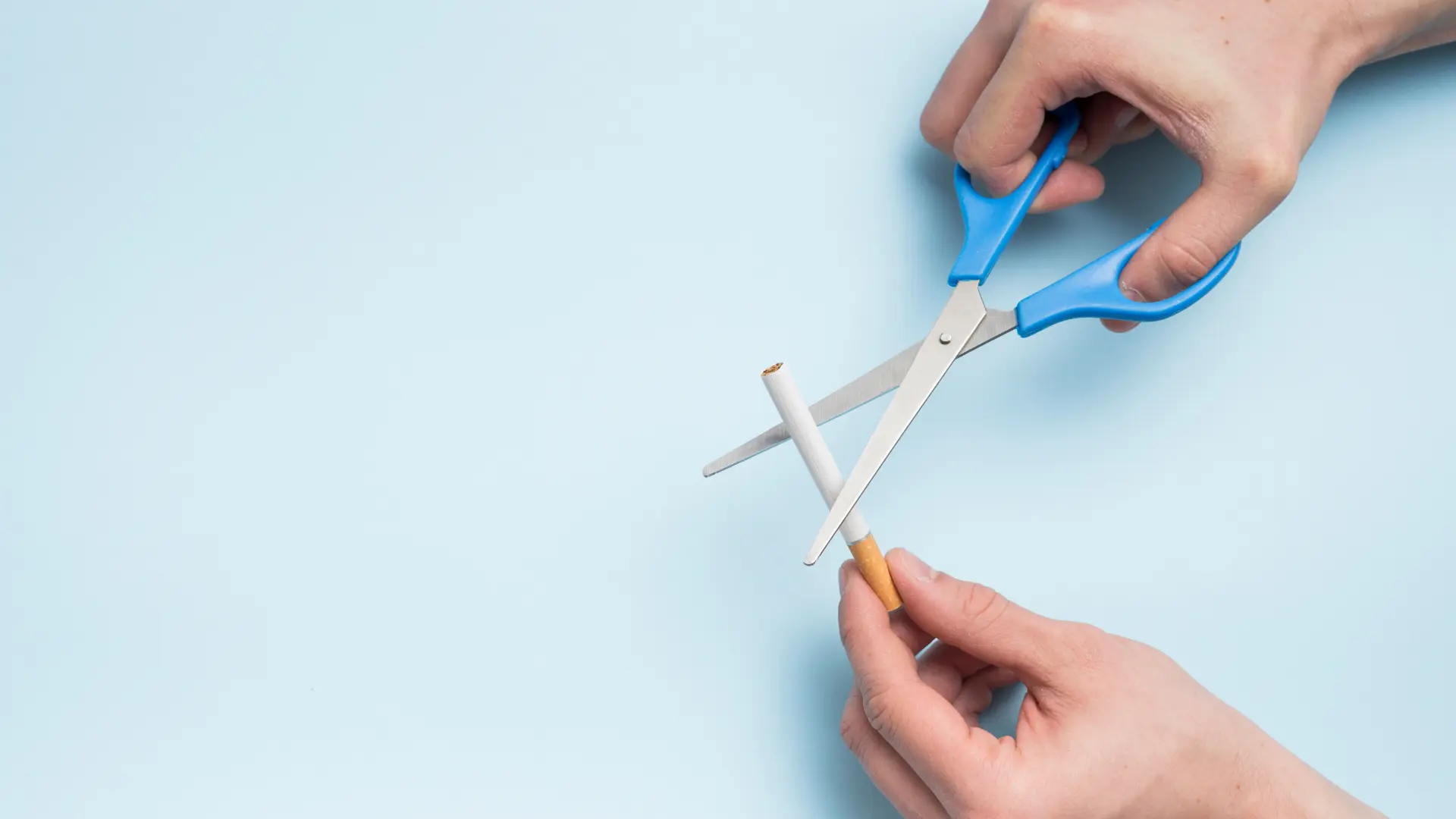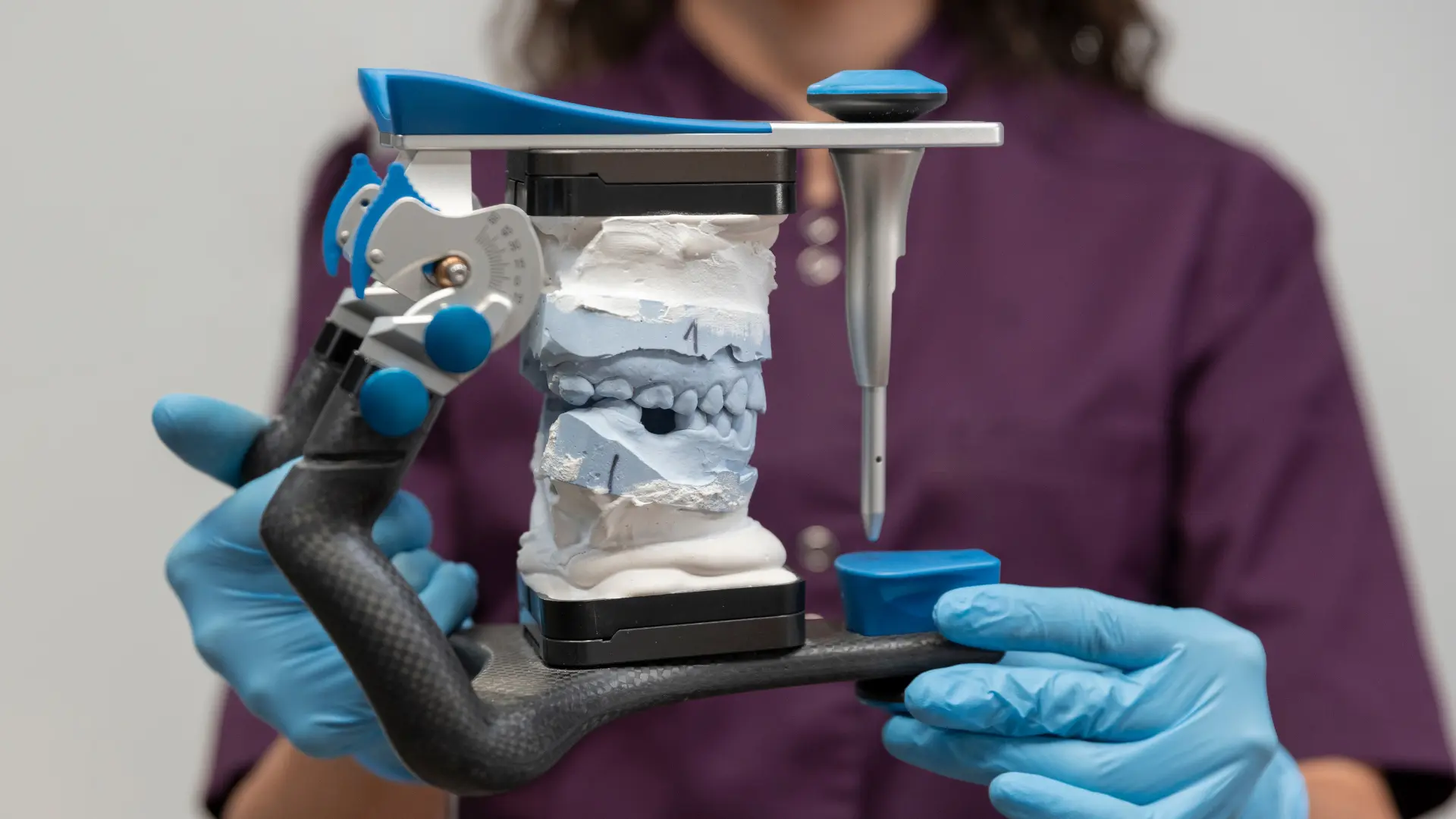Our smile is a wonderful instrument for expressing our joy. In addition to the care we take at home, the services we can obtain from experts can improve the appearance of our smile. The dental crown process is one of these numerous strategies. A dental crown is a tooth-shaped cap that reinforces a tooth that has become weak, cracked, or decaying.
Assume you’ve had your dental crown treatment and your smile is now more beautiful than ever. Isn’t this fantastic? So, what should you do after the treatment to ensure the longevity and health of your dental crowns?. This article has a comprehensive guide. Continue reading!
Caring for Your Dental Crowns Properly
Dental crowns are a worthy investment in your dental and general health. It is therefore important to take good care of these devices so as to make them last as well as perform optimally.
Crowns are intended to enhance the shape, size, strength as well as the aesthetics of a tooth that may have been worn, decayed or cracked.
Therefore, crown care should not be limited to the early postoperative period only but shall include daily home care, dietary practices, professional care including regular visits to the dentist, knowledge of problems that may arise and how to manage them, and the myths about the crowns.
To extend the life and quality of dental crowns, proper post-treatment care is required. Here’s what you need to be aware of:
Dietary Considerations
Earlier it was said that diet has a great impact on the health of the dental crowns. Indeed, crowns are long-lasting but this does not mean that they are impossible to be damaged.
If one has crowned, avoiding hard foods such as nuts, ice, and hard candies can help avoid chipping or cracking the crown. Also, foods that are sticky like caramel and chewing gum should not be taken since they pull on the crown and can remove it.
Ensure that they take foods that are a good source of vitamins and minerals such as calcium and phosphorus for the health of teeth. Daily intake of water reduces the amount of food debris and bacteria in the mouth – thus, having a cleaner oral cavity.
Maintain Good Oral Hygiene
If you have dental crowns, your oral hygiene and wellness should come first. Make sure to floss and clean your teeth at least twice per day.
Brushing
Brush with delicate and slow movements. This avoids creating sensitivity in the area where the crown is positioned. You can rinse your teeth with warm water once you’ve completely cleaned them.
Flossing
Dental floss protects your teeth and dental crown from damage caused by food lodged between them. When flossing, it is equally important to be gentle. This technique should not be painful or sensitive.
Cleaning Services
Professional cleaning techniques are critical for the health of teeth and dental crowns. Professional teeth cleaning removes residues, stains, and stones that are impossible to remove with home oral care techniques and extends the life of dental crowns.
Habits of Chewing
It is advised that you avoid hard meals following the dental crown operation. If you have issues with severe clenching and hard chewing, the dental corn may break. If you grind your teeth as a result of stress, we propose that you discuss the problem with your dentist and apply for remedies designed to avoid this.
Steer Clear of Sweets
Because sugary foods can promote bacterial growth in the mouth, it is critical to keep a healthy and strict diet in the days following your dental crown operation.
Myths and Misconceptions
Here are some myths and misconceptions associated with dental crowns that could result in improper care and maintenance. An example of such myths is that crowned teeth do not need flossing as they are shielded.
This is not true because the base of the crown placed over the gum remains vulnerable to plaque and cavities. The other myth is that crowns are permanent and will never wear out. Although they are long-lasting they have a tendency of deteriorating or getting damaged and may require to be replaced.
It is a misconception that crowns offer protection against any type of tooth decay because decay can develop at the junctions of the crown. This is why it is important to familiarize oneself with such myths, so that proper care can be taken with the dental crowns.
Initial Recovery: What to Expect
Following the insertion of a dental crown implant, there is normally a few days of recuperation time. Following the operation, patients can suffer some inflammation and discomfort, but these adverse effects should go away in a week or two.
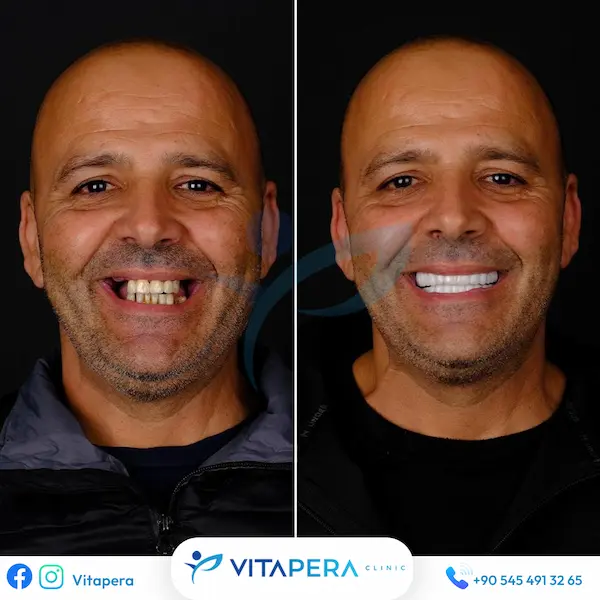
Post-Procedure Dos and Don’ts
After getting a dental crown, it’s important to follow post-procedure dos and don’ts to ensure proper healing and the longevity of your dental work. Here’s a list of guidelines to follow:
Do’s:
- Maintain good oral hygiene
- Rinse with warm saltwater
- Take pain medication as prescribed
- Attend follow-up appointments
Don’ts:
- Stay away from extreme temperatures
- Do not postpone consulting a specialist when experiencing problems
Maintaining Dental Crown Health
Maintaining the health of your dental crown is essential to ensure its longevity and prevent potential issues. Here are the points you should pay attention to:
Every Day, Floss Around Your Crown
No amount of flossing will result in the loss of your crown. As long as your crown is properly bonded and has had time to cure after being installed, you can floss every day.
Reconsider Bleaching Your Teeth
We all want our teeth to be white and glossy. If you have just undergone a dental crown operation, you should evaluate this approach. The whitening treatment may not satisfy you and may create an aesthetically mismatched appearance since the color of the implant may be incompatible with your whitened teeth.
Get a Nightguard
Even if you have a ceramic or porcelain crown, bruxism can put you at risk for damaged dental work. By sleeping in a protective mouthguard or bite splint, you can create a small buffer between your upper and lower teeth, preventing them from coming into full contact.
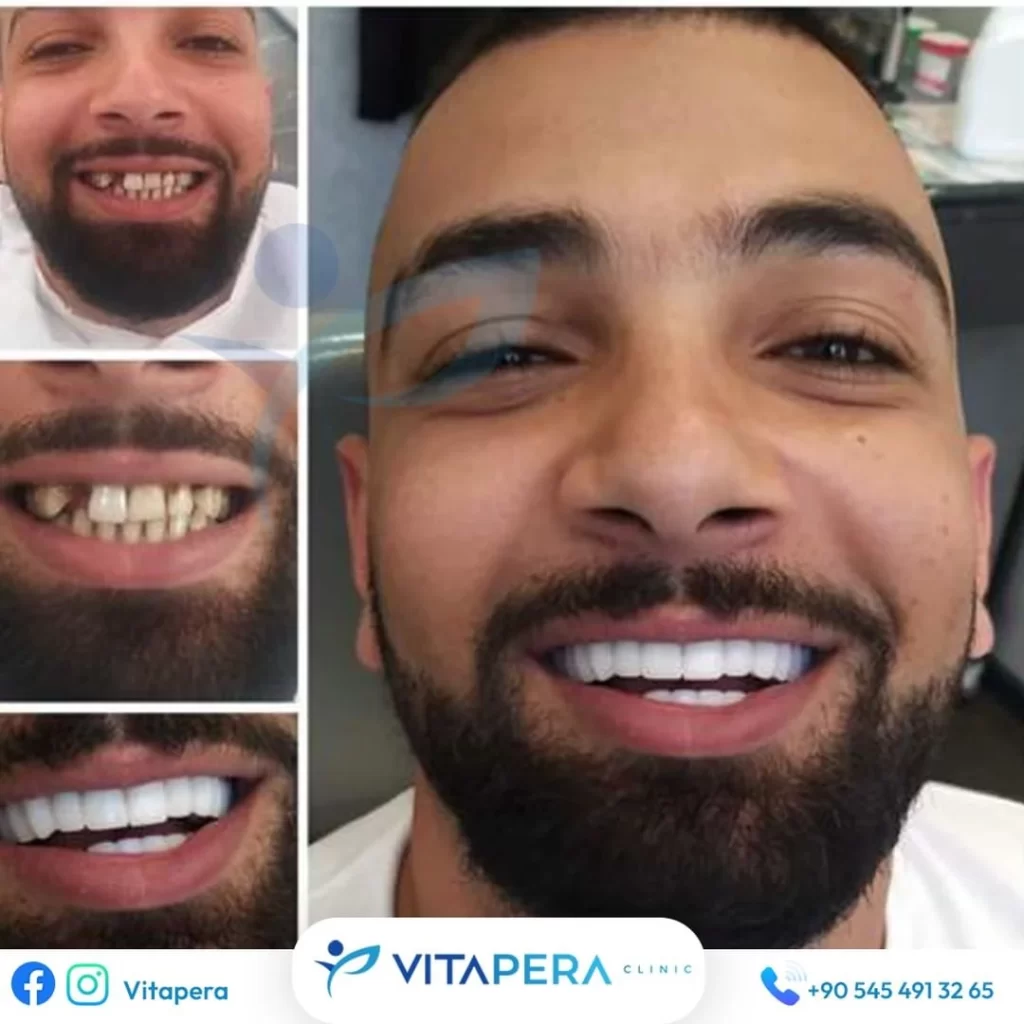
Handling Discomfort and Sensitivity
Dental pain after a crown is common, especially in the days following the procedure. Here are some tips:
Cold Compress
Applying a cold compress to the cheek or jaw area near the crown can help reduce swelling and numb the area.
Oral Rinses
Some dentists may recommend a special mouth rinse or a saltwater rinse to help with discomfort and promote healing.
Over-the-Counter Pain Relief
If you experience discomfort or mild pain, you can take over-the-counter pain relievers.
Avoid Certain Foods
You can choose to eat softer food in order to reduce sensitivity and discomfort in the days following dental crown treatment.
Desensitizing Toothpaste
Some desensitizing toothpaste choices are accessible without a prescription. These can aid in the reduction of sensation around the crowned teeth.
Communicate with Your Dentist
If your sensitivity problem is so severe that it interferes with your daily life, see your dentist right away rather than attempting to solve it yourself.
Fluoride Treatment
After consulting with your dentist, you may be offered Fluoride treatment. This can strengthen the tooth’s enamel and reduce discomfort.
Increase the Longevity of Your Dental Crowns
To prolong the life of dental crowns, you should avoid clenching your teeth, pay attention to your oral care and follow a healthy diet. If you have bruxism, you will benefit from equipment that will improve your dental crowns as well as your overall dental health.
Regular Checkups and Professional Care
Any scheduled follow-up appointments with your dentist must be kept in order to monitor the healing process and guarantee the crown is positioned properly.
The lifetime of your dental crown and the state of your general oral health depend on routine checkups. You must strictly keep your appointments because of this.
Vitapera Dental Care Solutions
We would like to let you know that you are in the proper place if you are eager to learn the secrets of a beautiful smile!
Vitapera is always ready to provide you with expert solutions. If you are determined to leave your dental health in the hands of professionals, you can contact us at any time. Let us be your dental guide on this journey where science, healthcare and beauty meet!






